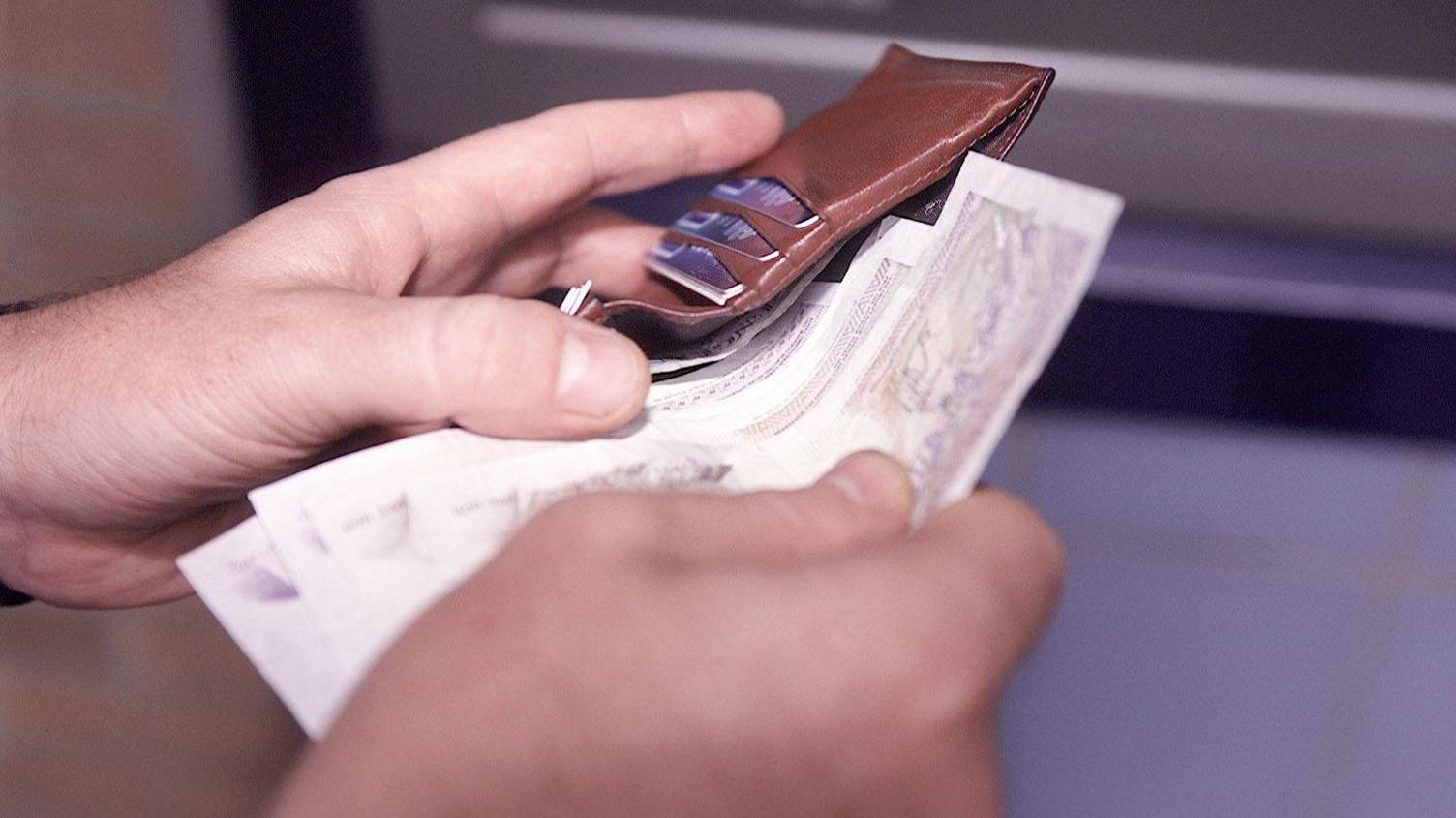Guernsey minimum wage rise 'will push prices up'
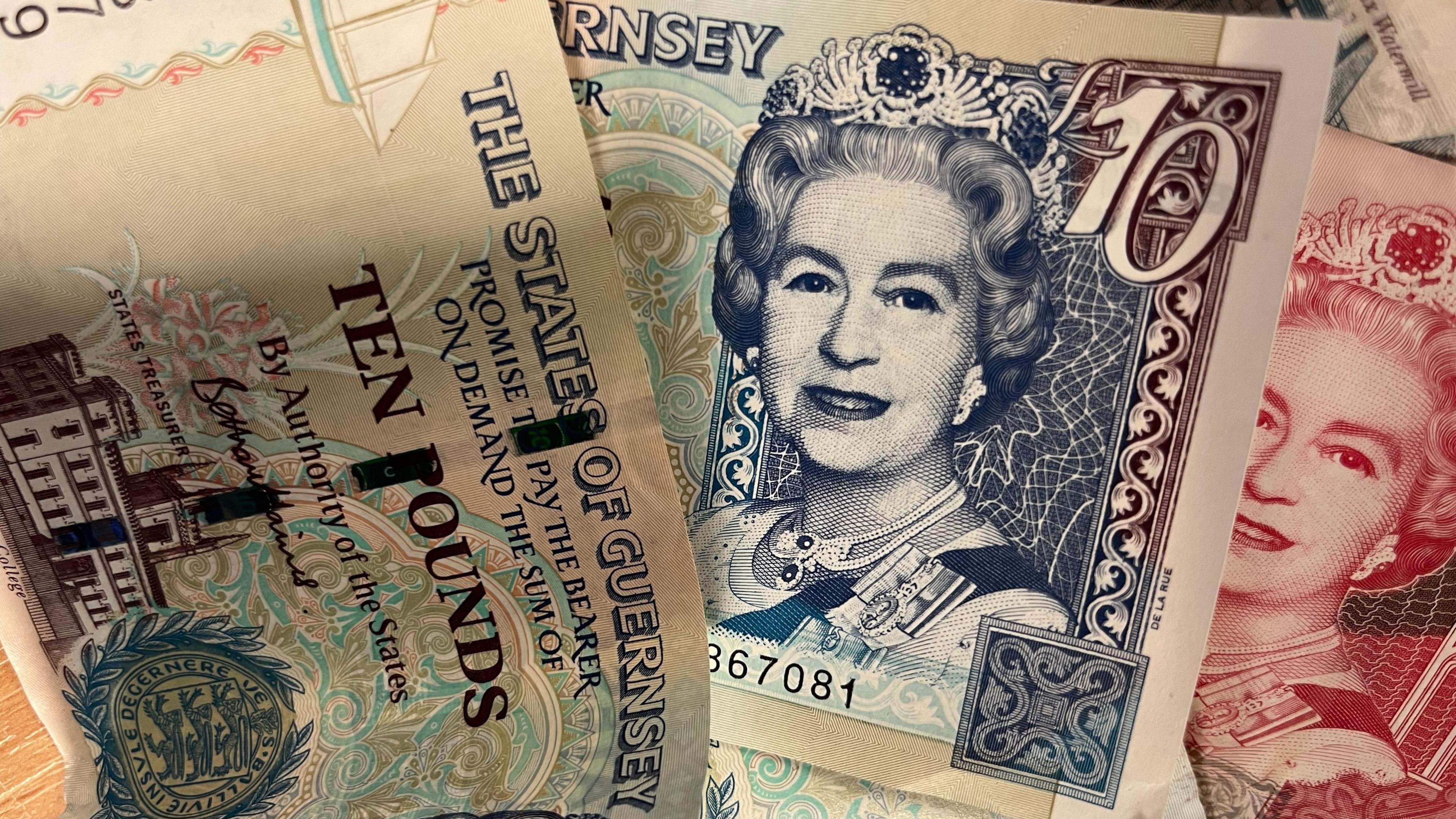
The current adult minimum wage in Guernsey is £12 an hour
- Published
Increases in Guernsey's minimum wage could see higher prices for islanders, some business owners have warned.
The island's current minimum wage is lower than the rates for Jersey, the Isle of Man and the UK.
Deputy Peter Roffey, President of the Committee for Employment and Social Security, thinks the minimum wage "needs to go up and as soon as possible".
Natalia Silvester, who is behind businesses including Crepe Maison, Renoir Tea Garden and Love Shack, said an increase of 5% in the minimum wage means "prices on the menu will go up by 5%".
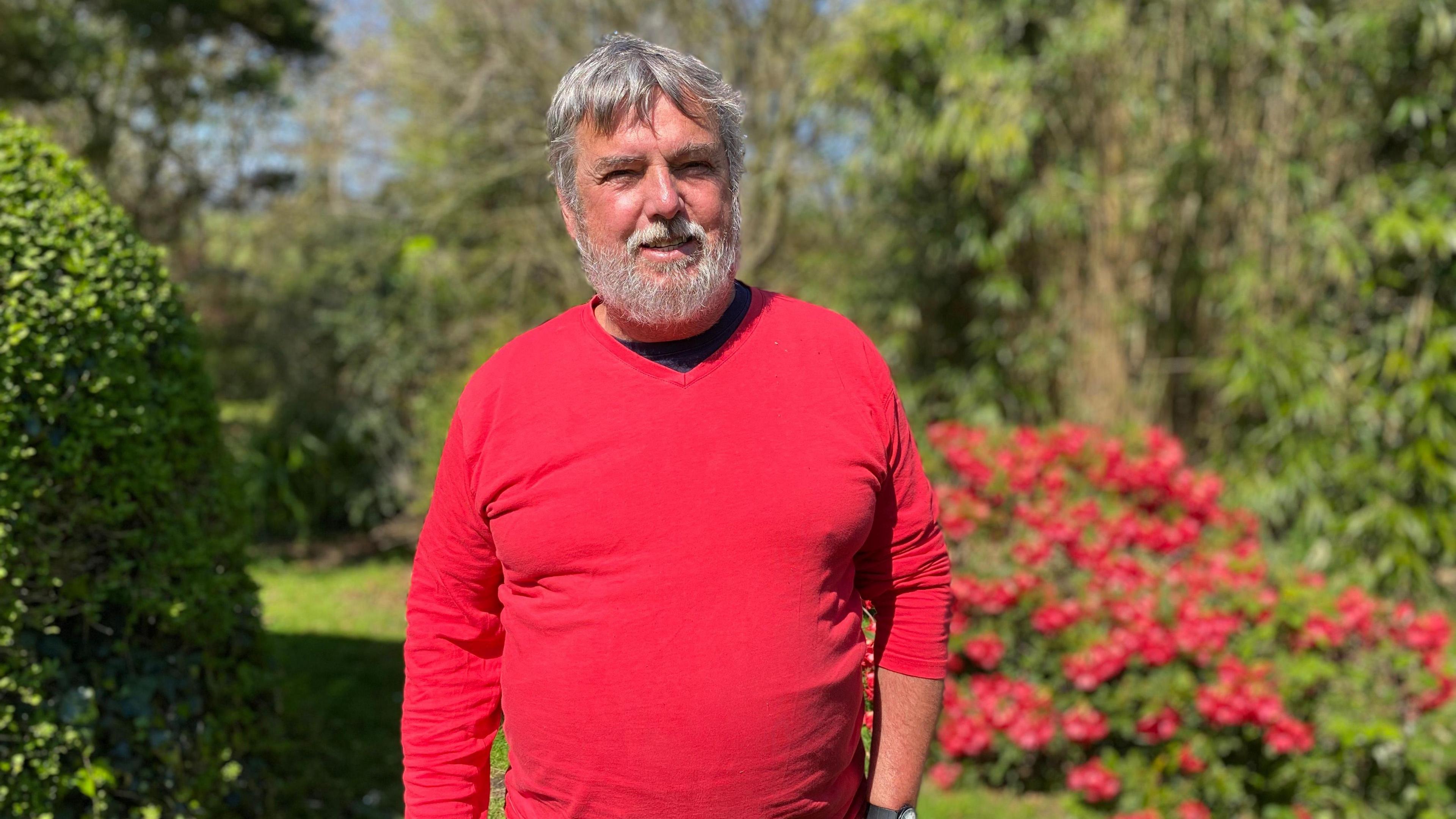
Deputy Peter Roffey does not want Guernsey to be known as a "low wage economy"
Roffey said: "Guernsey's minimum wage is actually lower than any of our comparative jurisdictions at the moment. Lower than the UK despite our cost of living being quite a lot higher."
The current adult hourly minimum wage in Guernsey is £12 and it is £10.80 for 16 and 17 year olds.
In Jersey, the minimum wage is £13 an hour, in the Isle of Man the adult minimum wage is £12.25 and in the UK it is £12.21.
Guernsey's adult minimum wage could rise to £12.60 an hour from October, if politicians approve a 5% increase later this week.
Roffey said Guernsey did not want to be known as a "low wage economy".
He said: "We know we have skill shortages, we know we have labour shortages.
"If we want to attract the right people to work in the island, particularly in sectors like hospitality and the care sector, I think we have to say that this is an economy that pays a decent wage."
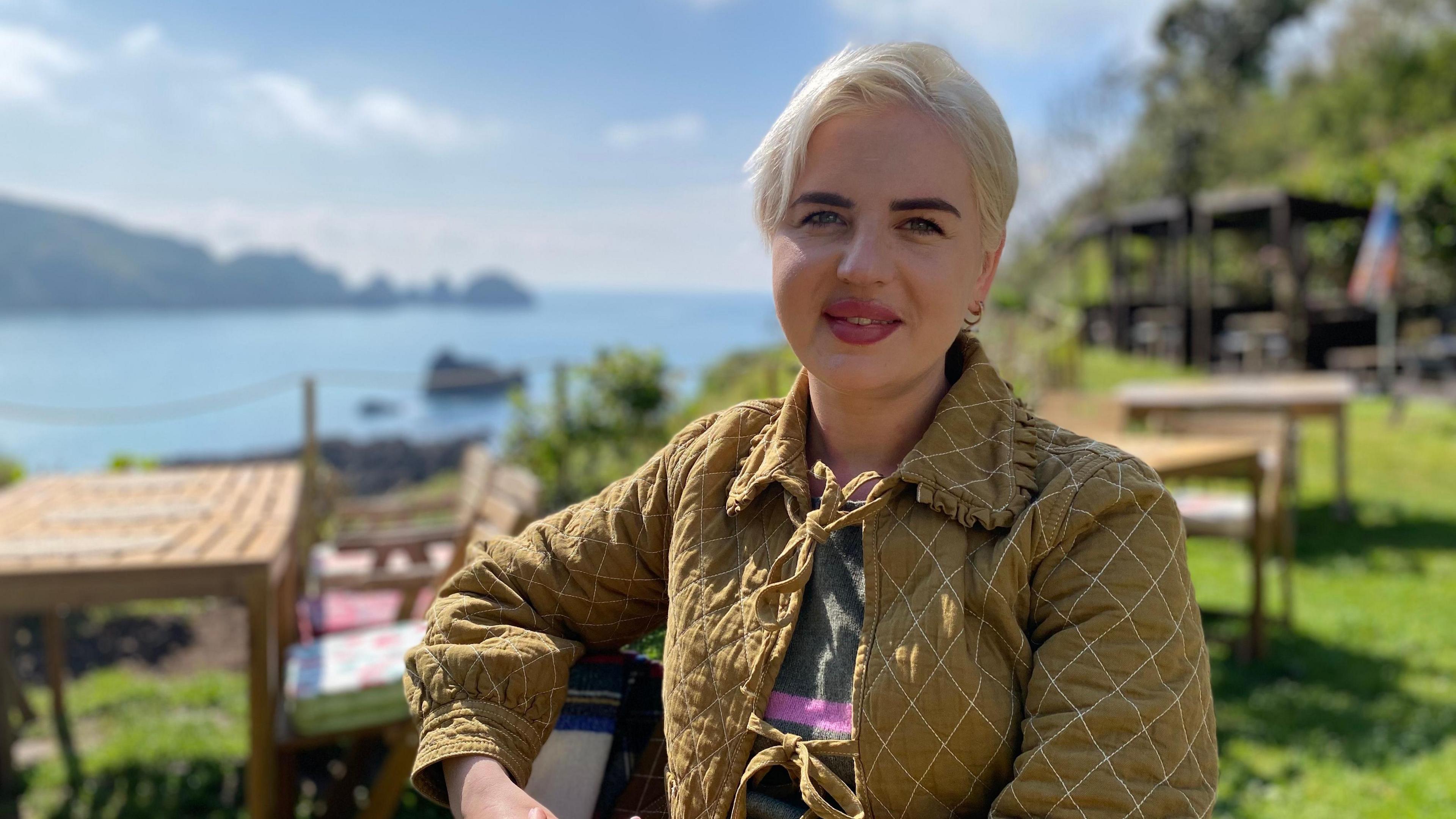
Natalia Silvester offers her staff benefits like health insurance as well as their wage
Ms Silvester said the cost of labour could be as much as 60% of the business turnover.
On having to increase her prices, she said: "I'm worried, I really don't like to do that but I won't have an option.
"There's nothing I can do about it because the inflation is going to be artificially driven up".
Ms Silvester thinks "it's important that people are looked after" and offers her staff benefits besides their wage like health insurance, staff accommodation and food while on shift.
"I haven't purchased a property for me to live in, I bought a staff accommodation so they have a reasonable cost of living.
"I provide meals whilst they are on duty. They work 5-6 days a week and they are always fed throughout the day and we provide health insurance because going to the doctors is expensive."
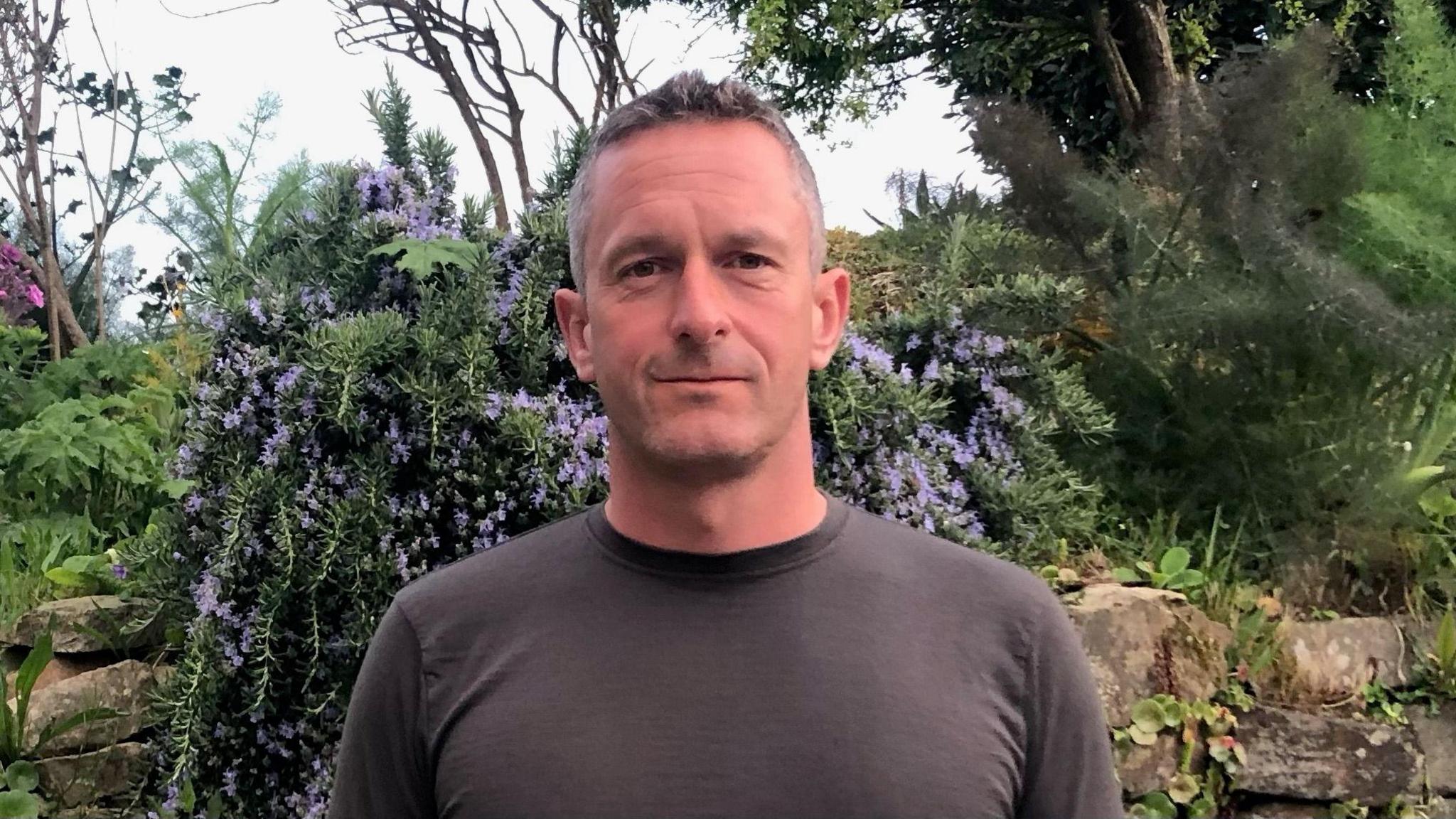
Tom Whitmore said increasing the minimum wage was a "difficult balance"
Tom Whitmore, president of the Guernsey Building Trades Employers Association (GBTEA), has backed the proposed rise but said it was a "difficult balance" as any increase in minimum wage, increased the costs to the customer.
He said: "We believe that it's important that people at that end of the wage spectrum keep pace with the cost of living which is rising."
The current young people's minimum wage is set at 90% of the adult minimum wage.
A change has been suggested to drop this to 80% and to freeze young people's minimum wage until it becomes 80% of the adult minimum wage.
Mr Whitmore said that GBTEA members think this change would encourage the employment of young people.
He said the current 10% differential was not large enough to reflect the additional costs of training and supervision associated with employing people under 18.
Follow BBC Guernsey on X, external and Facebook, external. Send your story ideas to channel.islands@bbc.co.uk, external.
- Published5 September 2024
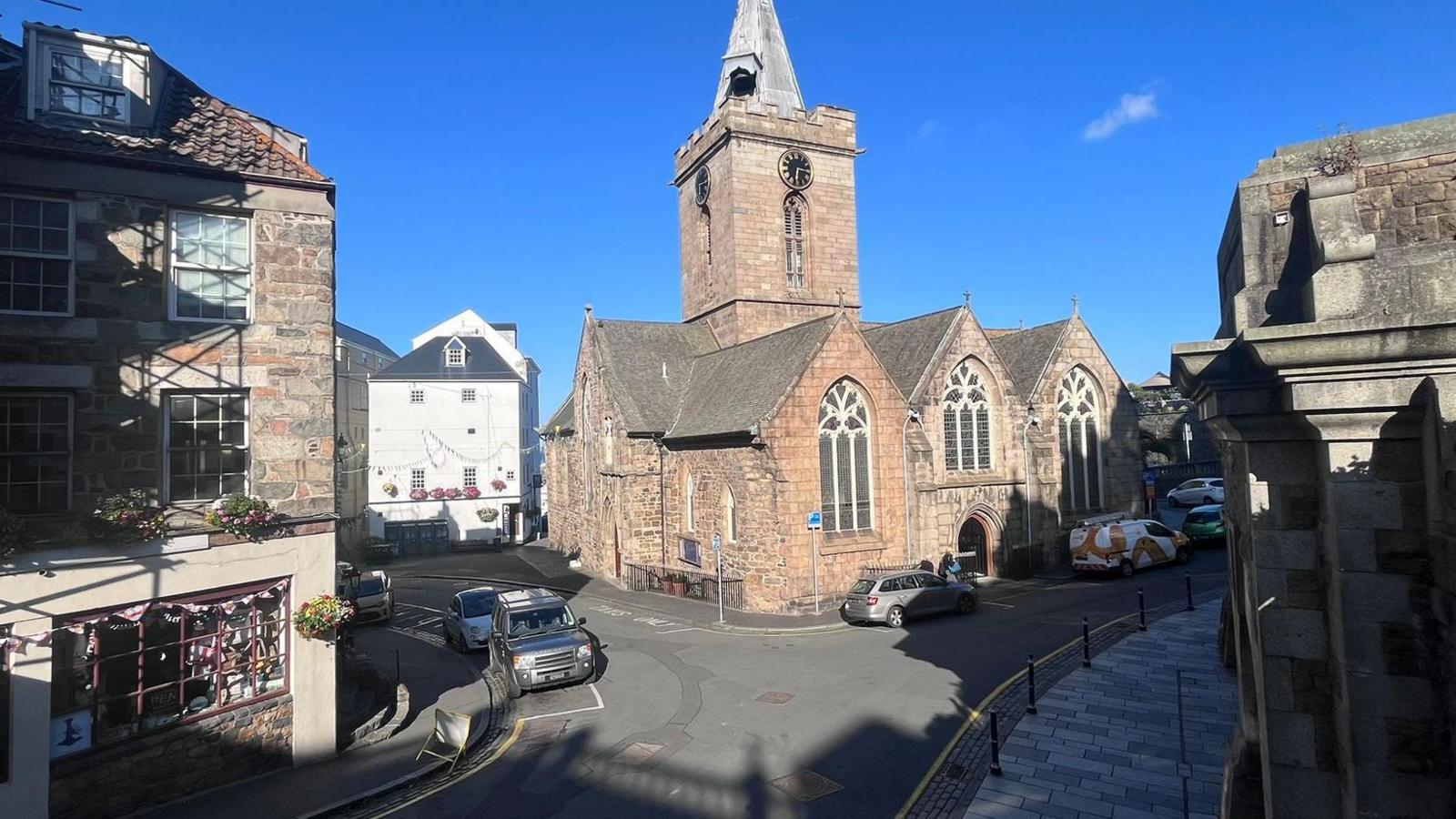
- Published2 July 2024
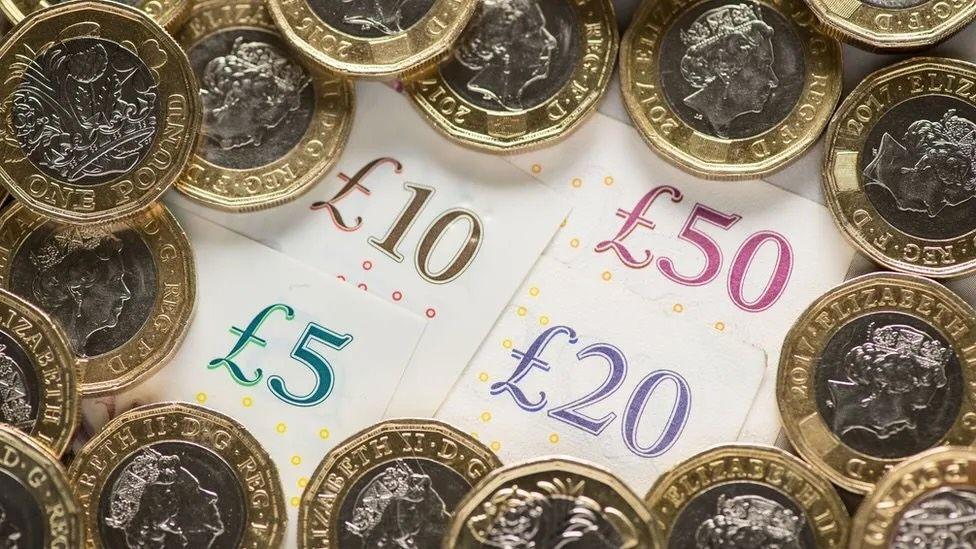
- Published2 September 2024
